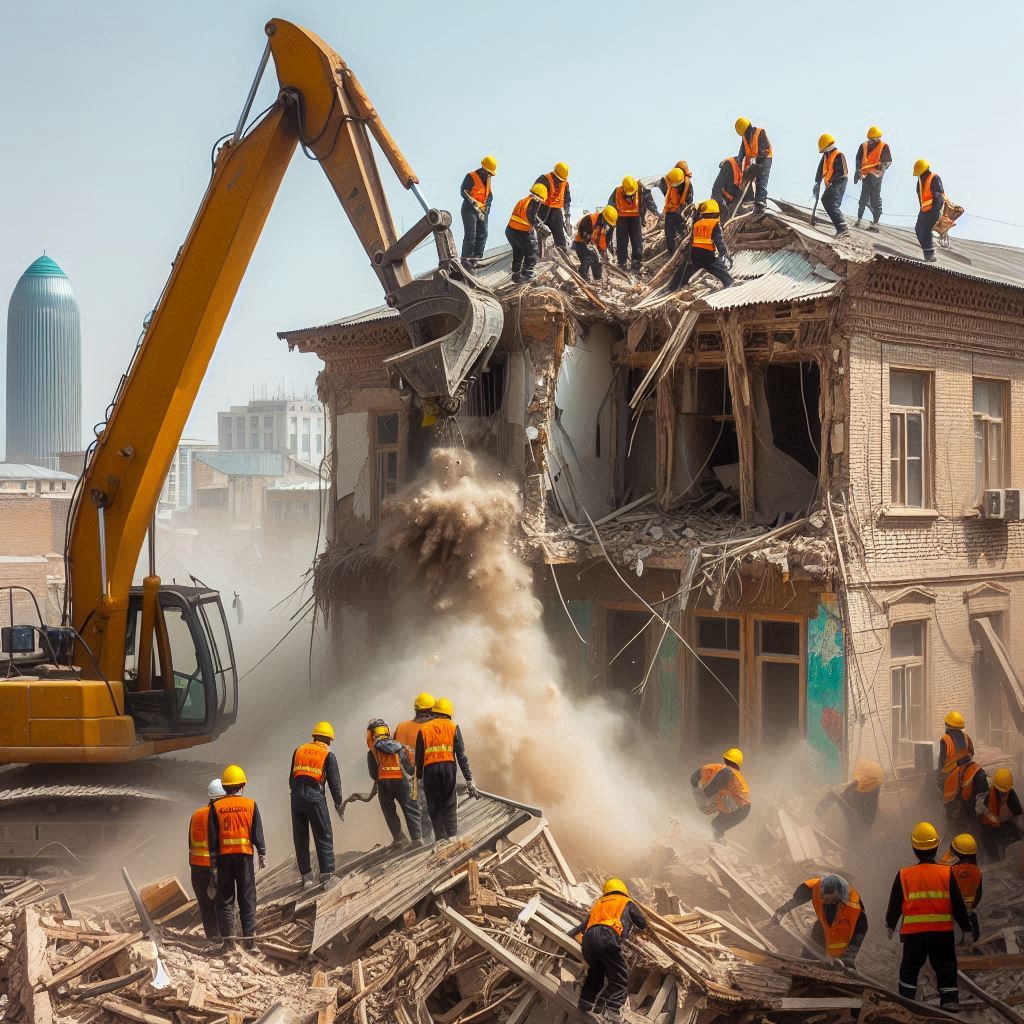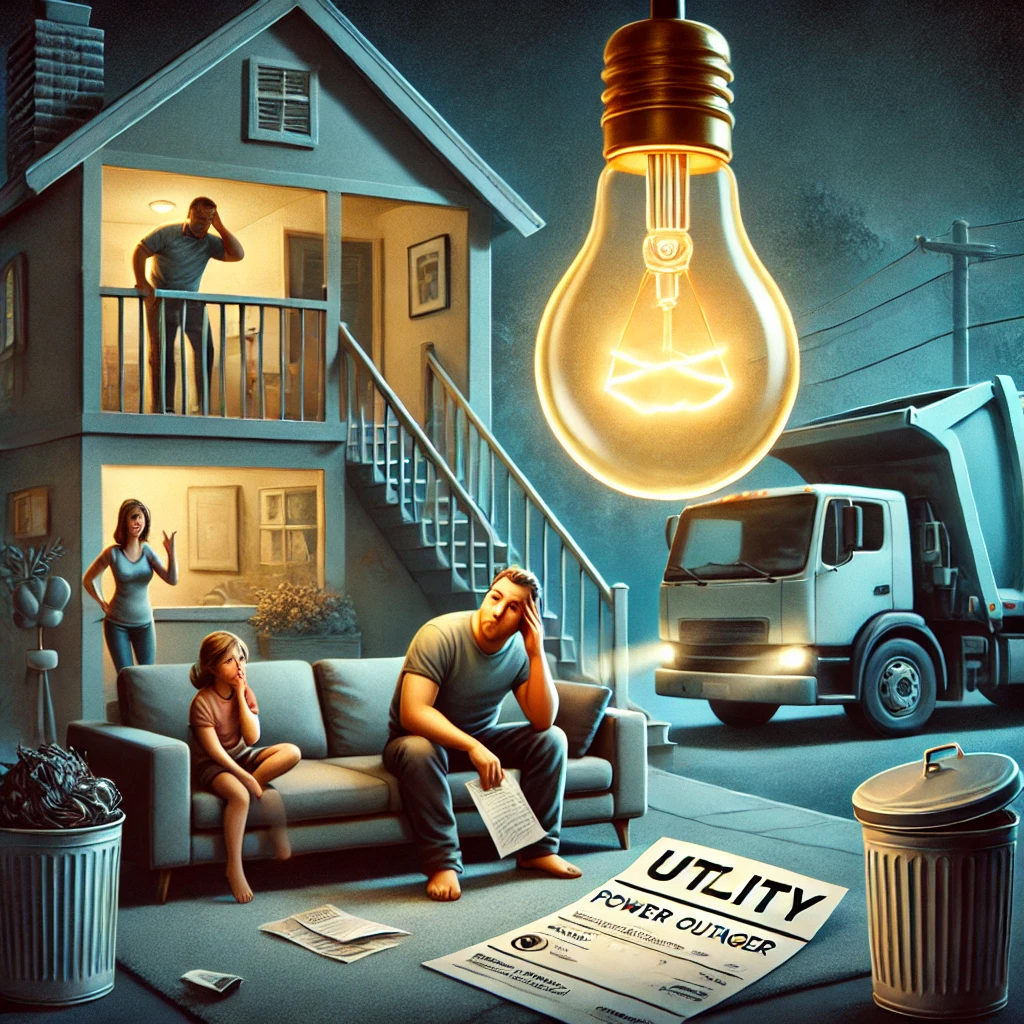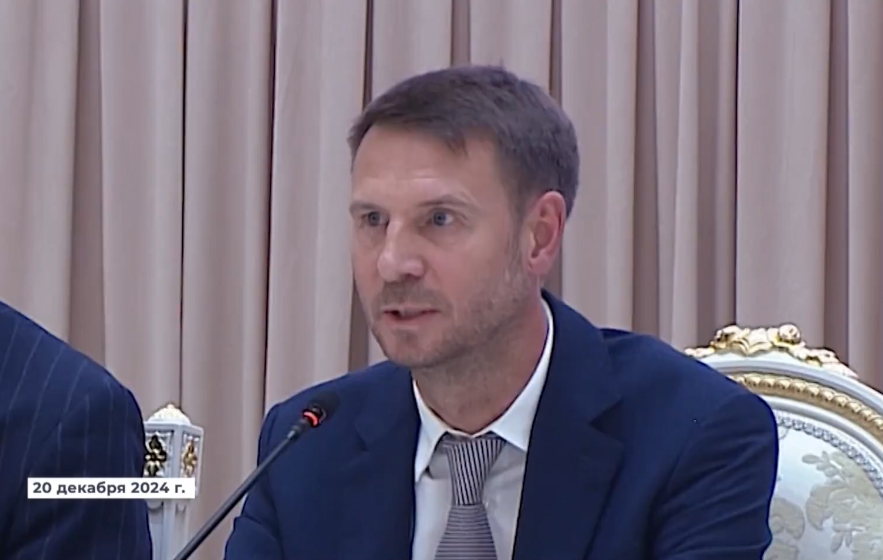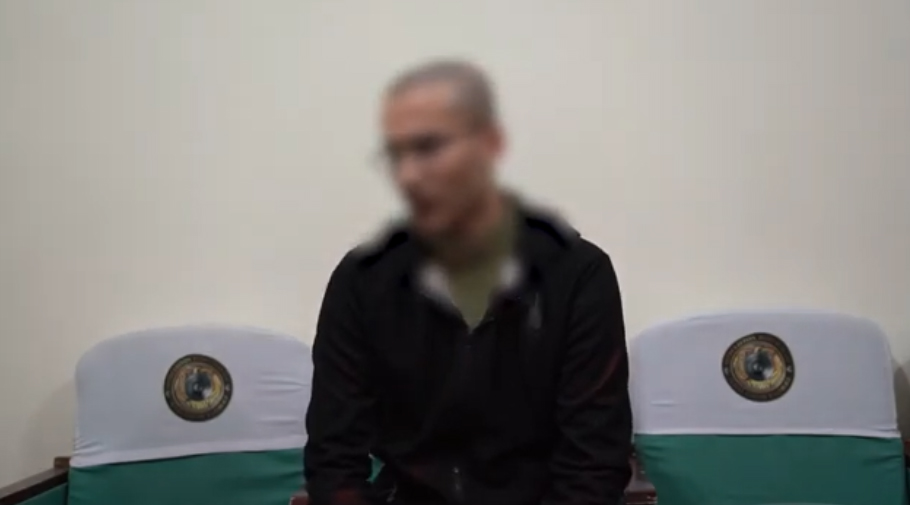This article is also available in:
Русский (Russian)
Uzbek
With great anticipation and hope, the people of Uzbekistan received the news that the President of Uzbekistan signed a law amending the Housing Code. According to the new amendments, property owners who lose their homes must receive full compensation for the value of their property and any incurred losses. Moreover, this compensation must be provided before the demolition takes place. This innovation is intended to protect citizens’ rights, ensuring that their homes will not be demolished without prior and equivalent compensation. However, there is a catch—this provision already exists in our legislation, yet developers are often reluctant to comply with these requirements.
At first glance, this seems like a significant step forward in protecting property rights. The law promises that no one will be evicted from their home without receiving fair compensation. It seems that those facing arbitrary demolitions can finally feel protected. But what lies behind these reassuring words?
Unfortunately, the reality may be far less rosy. The provision for compensation already exists in our Constitution, but, regrettably, its enforcement leaves much to be desired. Cases where people are deprived of their homes without proper compensation are not uncommon. The UN Special Rapporteur on the Right to Adequate Housing, Balakrishnan Rajagopal, following his visit to Uzbekistan, emphasized that in practice, laws protecting housing rights often remain merely on paper.
Rajagopal noted that Uzbekistan is undergoing large-scale urban renewal projects, during which entire neighborhoods are being demolished. However, these actions often occur without sufficient legal basis, leaving affected citizens alone with their problems, without the means to effectively protect their rights.
“These laws are often not enforced in practice due to a lack of awareness, implementation failures, and the absence of effective legal remedies for non-compliance, especially in the construction sector,” the Special Rapporteur emphasized.
Rajagopal expressed deep concern about the state of the judicial system, noting that most court cases involving developers and residents tend to be decided in favor of the former. He also pointed out the inefficiency of non-judicial complaint mechanisms, which rarely provide timely and adequate compensation to those affected.
Of particular concern is the practice of compensation for expropriated housing. The expert noted that such compensation is often insufficient, delayed, or not paid at all. Demolitions and evictions, he said, are sometimes carried out with cruelty, and some homeowners are forced to leave their homes due to dangerous construction or the disconnection of water and gas. The housing offered in exchange is usually located in newly built apartment complexes on the outskirts of cities, which also causes dissatisfaction among the displaced residents.
These statements by the UN Special Rapporteur are deeply troubling. How can we be sure that the new law will truly change the situation if even the fundamental norms of the Constitution are not properly enforced?
For thousands of Uzbeks facing the threat of losing their homes due to planned renovations, the new law seems like a ray of hope. But without real changes in its application and without a clear mechanism for protecting rights, this hope may prove to be empty. Will this law genuinely work for the benefit of the citizens, or is it just another illusion under which human rights violations continue?
Today, more than ever, it is important to ensure that the promises of the authorities do not remain on paper. We need a real protection mechanism that guarantees every Uzbek citizen can feel safe in their home. We must demand from the authorities not only words but also actions that confirm their intentions. Time will tell whether the new law will be a true protection or just another illusion of justice.
The text has been translated by AI. For more accurate information, please refer to the Russian version of the article.











